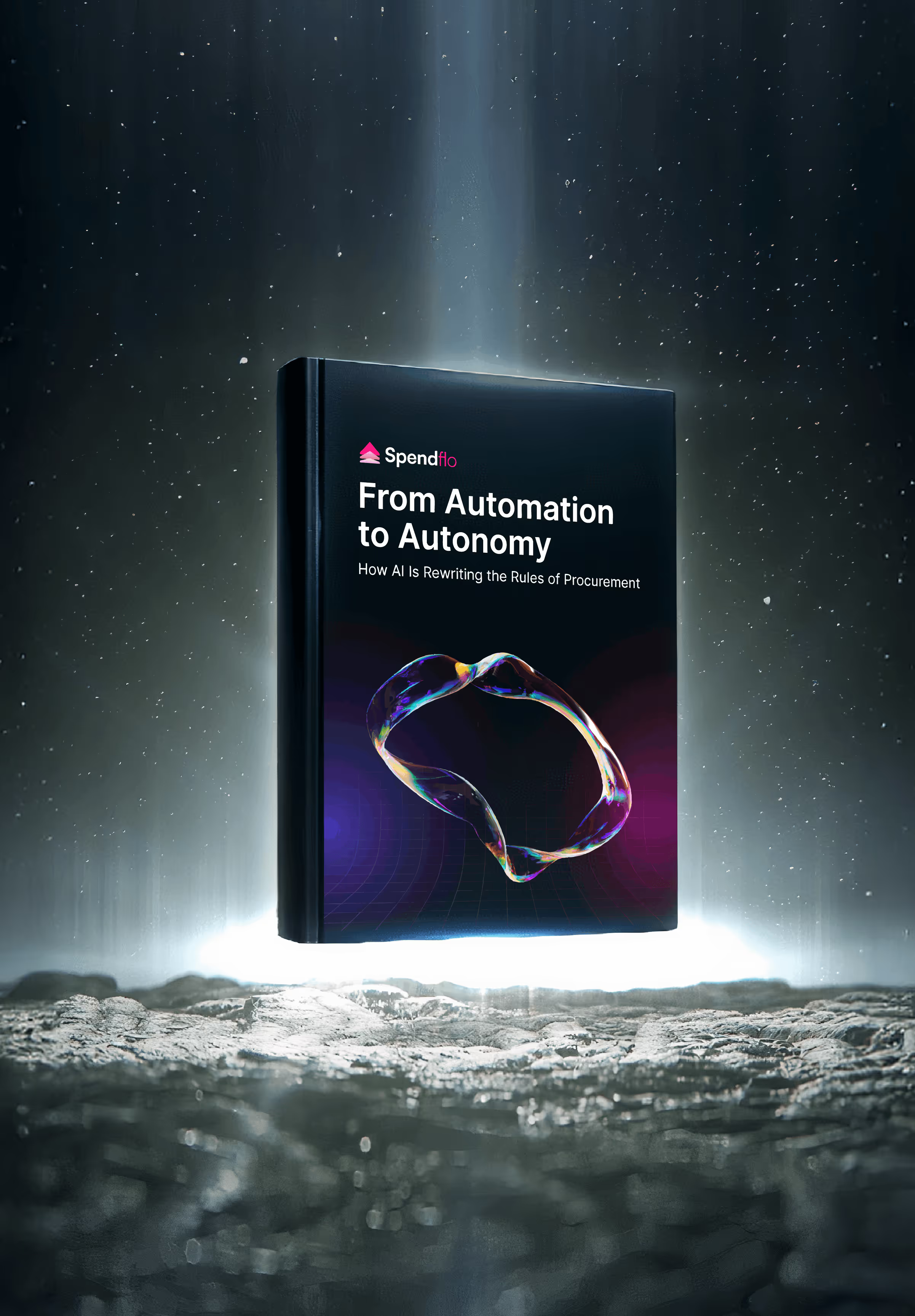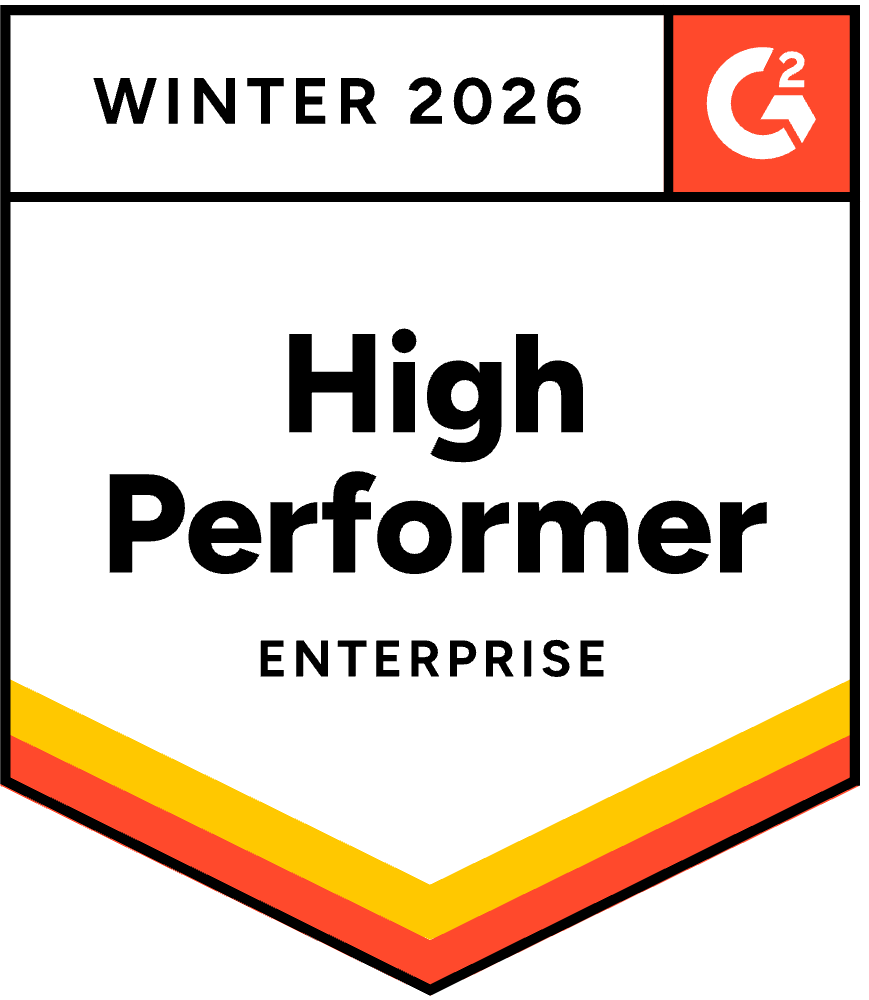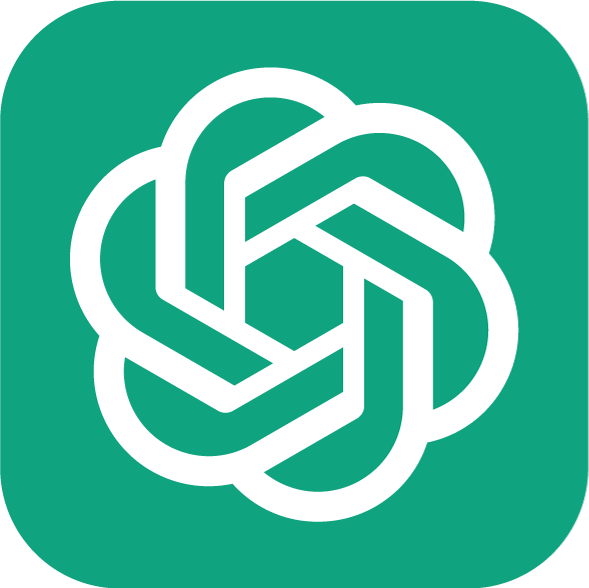

Sage Pricing: The Ultimate Guide

Sage Pricing: The Ultimate Guide
Discover Sage software pricing, key features, and top alternatives. Learn negotiation tips and how Spendflo can help you secure the best deal.


Accounting, payroll, and inventory management are just a few of the business functions that Sage software, a comprehensive tool for business management, may manage. Since the platform is cloud-based, you may access it with an internet connection whenever and from any location. Because of this, Sage Software is ideal for companies with remote workers, different locations, or individuals who work from home.
How Much Does Sage Cost?
Sage software typically costs between $25,000 and $100,000, depending on the version, features, and number of users. The pricing varies based on the business's specific needs, such as the level of customization, integration with existing systems, and additional services like support and training. Small businesses might find themselves at the lower end of this range, while larger enterprises requiring extensive features and support may be at the higher end. It's advisable to contact Sage directly or a reseller for an accurate quote tailored to your specific requirements.
How to Get a Better Deal on Sage?
Negotiate with the Vendor
Deal directly with Sage or its authorized resellers to secure the best pricing. They frequently offer flexibility, exceptionally if you choose long-term agreements or buy several licenses. Never be afraid to request free or discounted additional services or discounts.
Bundle Services
Consider combining Sage software with additional offerings such as installation, guidance, or continuous support. When you buy a whole package, vendors are more likely to give you a discount, drastically lowering the total cost.
Explore Seasonal Discounts
Look out for any seasonal sales or discounts. Sales and discounts are frequently offered by Sage and its resellers at particular periods of the year, such as end-of-year sales or special promotions.
Compare Resellers
Never accept the first quote you are given. Speak with many resellers and contrast their deals. By comparing the discounts and incentives that different resellers may offer, you can select the best bargain.
Leverage Referrals or Loyalty
You may be eligible to receive loyalty discounts or referral bonuses from Sage if you recommend friends to the company or are a repeat client. These may be useful in cutting costs overall.
Sage Core Features
Sage software is renowned for its robust features that cater to various business needs, especially in accounting, payroll, and enterprise resource planning (ERP). Here are six core features that make Sage a preferred choice for businesses:
Accounting and Financial Management: Sage provides a wide range of financial management capabilities, including as cash flow management, accounts payable, accounts receivable, and general ledger. It offers financial data in real-time, assisting organizations in making wise decisions. The software is appropriate for international operations since it can handle transactions in multiple currencies and conforms with different accounting standards.
Payroll and HR Management: Sage streamlines payroll processing with automated calculations of salaries, taxes, and deductions. It also includes features for managing employee benefits, leave tracking, and performance evaluations. Payroll's integration with the accounting system ensures that all financial records are accurate and up-to-date.
Inventory and Supply Chain Management: Sage allows businesses to efficiently manage their inventory levels, track stock movements, and optimize supply chain processes. The software includes tools for order processing, supplier, and warehouse management. These features help businesses reduce costs and improve efficiency by maintaining optimal inventory levels.
Project Management: Sage provides project management tools that help businesses plan, execute, and monitor projects from start to finish. The software includes features for budgeting, resource allocation, and task management. It also allows for tracking project costs and revenues, ensuring that projects stay within budget and on schedule.
Customer Relationship Management (CRM): Sage includes CRM features that help businesses manage customer interactions, sales pipelines, and marketing campaigns. The software enables businesses to track customer activities, manage leads, and improve customer satisfaction by providing personalized services.
Reporting and Analytics: Sage offers powerful reporting and analytics tools that provide insights into various business aspects. Users can create custom reports, dashboards, and data visualizations to monitor performance, identify trends, and make data-driven decisions. The software's analytics capabilities help businesses stay competitive by providing real-time access to critical information.
Sage Alternatives
Here is the list of the Sage alternatives:
ZarMoney
ZarMoney is more feature-rich, affordable, and easy to use than Sage Accounting. ZarMoney is the best accounting platform substitute for Sage accounting that you've been seeking. It carries out necessary tasks for small enterprises, such as bank reconciliation, spending monitoring, invoicing, and billing.
Xero
Small businesses' accounting needs are meant to be made simpler with cloud-based accounting software. A desktop or mobile application that connects to the system twenty-four hours a day, seven days a week, can give you access to your data. It has many capabilities, but it also has many drawbacks, such as insufficient automation, the inability to support exchange-traded goods, restricted expense claims, pricey plans, inadequate buy and inventory modules, and much more.
Zoho Books
Small firms can use the accounting software Zoho Books. It is among the forty apps included in the Zoho One Suite. This solution can streamline accounting requirements and create a link between the finance and other company divisions. It provides restricted integration and customization options to match the solution depending on particular needs. The solution does not include payroll services, and the cost plan has restricted functionality.
QuickBooks Online
QuickBooks is an excellent option for Sage's accounting substitute because it is much simpler than Sage. Both apps provide basic accounting features. Nevertheless, QuickBooks requires relatively little time to use and no training, whereas Sage has a steep learning curve. It has a financial reporting component that gives you and your team information about your financial situation.

How Spendflo Can Help You Get Better Deals on Sage?
Acquiring the best possible deal on enterprise software such as Sage necessitates expertise in procurement and negotiating. Spendflo offers outstanding value in this regard. Spendflo optimizes SaaS expenses by combining sophisticated AI-driven technologies with skilled human negotiating. Here's how Spendflo can assist you in saving a lot of money on Sage:
Comprehensive Spend Analysis: Spendflo thoroughly analyzes your current spending on Sage software, identifying areas where you might be overspending. This analysis helps you understand your exact usage and needs, allowing you to eliminate unnecessary costs and focus on the essential features that deliver the most value to your business.
Proactive Renewal Negotiation: Spendflo actively participates in the renewal process even before the contract expires. Doing this allows them to lock in advantageous prices, negotiate better conditions, and prevent last-minute rushes, which frequently result in bad transactions. By taking the initiative, you can ensure that you always get the greatest deal each time you renew your Sage subscription.
Tailored Volume Discounts: If your business requires multiple Sage licenses, Spendflo negotiates tailored volume discounts that align with your company’s size and needs. By leveraging your business's purchasing power, they ensure that you receive the best possible discounts, reducing overall costs significantly.
Optimized Contract Structuring: Spendflo helps structure your contracts to maximize flexibility and minimize costs. They ensure that your Sage contract terms align with your business goals, providing options for scalability and adaptation to changing business needs.
Efficient License Management: Spendflo offers efficient license management by monitoring your usage and ensuring you only pay for the necessary licenses. This prevents over-licensing and underutilization, ensuring that your investment in Sage software is fully optimized.
Frequently Asked Questions About Sage Pricing
What is the starting price for Sage software?
The starting price for Sage software typically begins around $25,000, depending on the required features and number of users.
Can I bundle other services with my Sage purchase?
Yes, bundling Sage software with services like implementation, training, and ongoing support can often lead to better pricing and discounts.
How much does Sage support and training cost?
The cost for support and training varies depending on the level of service required, often ranging from a few thousand to several thousand dollars.
What factors influence Sage pricing?
Pricing is influenced by factors such as the software version, number of users, customization, integration needs, and additional services like support.
Who are the competitors of Sage?
Sage Business Cloud Accounting is comparable to other software like Xero, FreshBooks, NetSuite, and QuickBooks Desktop Pro. Alternatives to Sage Business Cloud Accounting can be found under Accounting Software, Multi-Country Payroll Software, ERP Systems, and so on.










.png)




.png)
.png)















